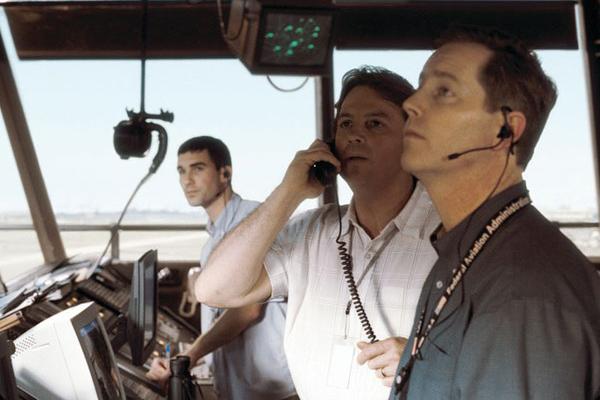While the war movie has been a common genre of film since its inception, maybe the most crowning example of a post-war adaptation is Francis Ford Coppola’s “Apocalypse Now,” a 1979 opus that adapts Joseph Conrad’s novella “Heart of Darkness” during the end of the Vietnam War. Steven Spielberg’s “Saving Private Ryan,” made in 1998, does the same for World War II, albeit based on an original script, so it figures that a worldwide event would be a perfect fit for the big screen. But as much as these films included action and suspense, they never shied away or disrespected the everlasting effects or losses associated with war. They didn’t turn them into slam-bang blockbusters; they left that up to the fans to decide.
While adaptations of events like these can’t be entirely absent of action, they should be treated with respect. Paul Greengrass’ “United 93,” made five years after the titular plane crashed in Pennsylvania after a passenger uprising during the Sept. 11 attacks, is a perfect example. While we know how it’s going to turn out in the end, it doesn’t become a full-blown action movie. Its characters are human, and it pays respect to those who lost their lives that day while also functioning as a thriller. There are no added subplots like the romance in Michael Bay’s “Pearl Harbor;” there’s just the story that needs to be told.
There’s faith to be had in the filmmakers at work on these films. Casey Affleck and Mark Wahlberg both have Boston Marathon films in development; Wahlberg also has a Deepwater Horizon film in development with “Lost Survivor” director Peter Berg; and Michael Bay has “13 Hours,” which takes place during the Benghazi conflict, in pre-production. All events had tremendous impacts, and they need to be treated with respect. When these films hit the screens, we’ll be able to tell if that mission has been completed.









